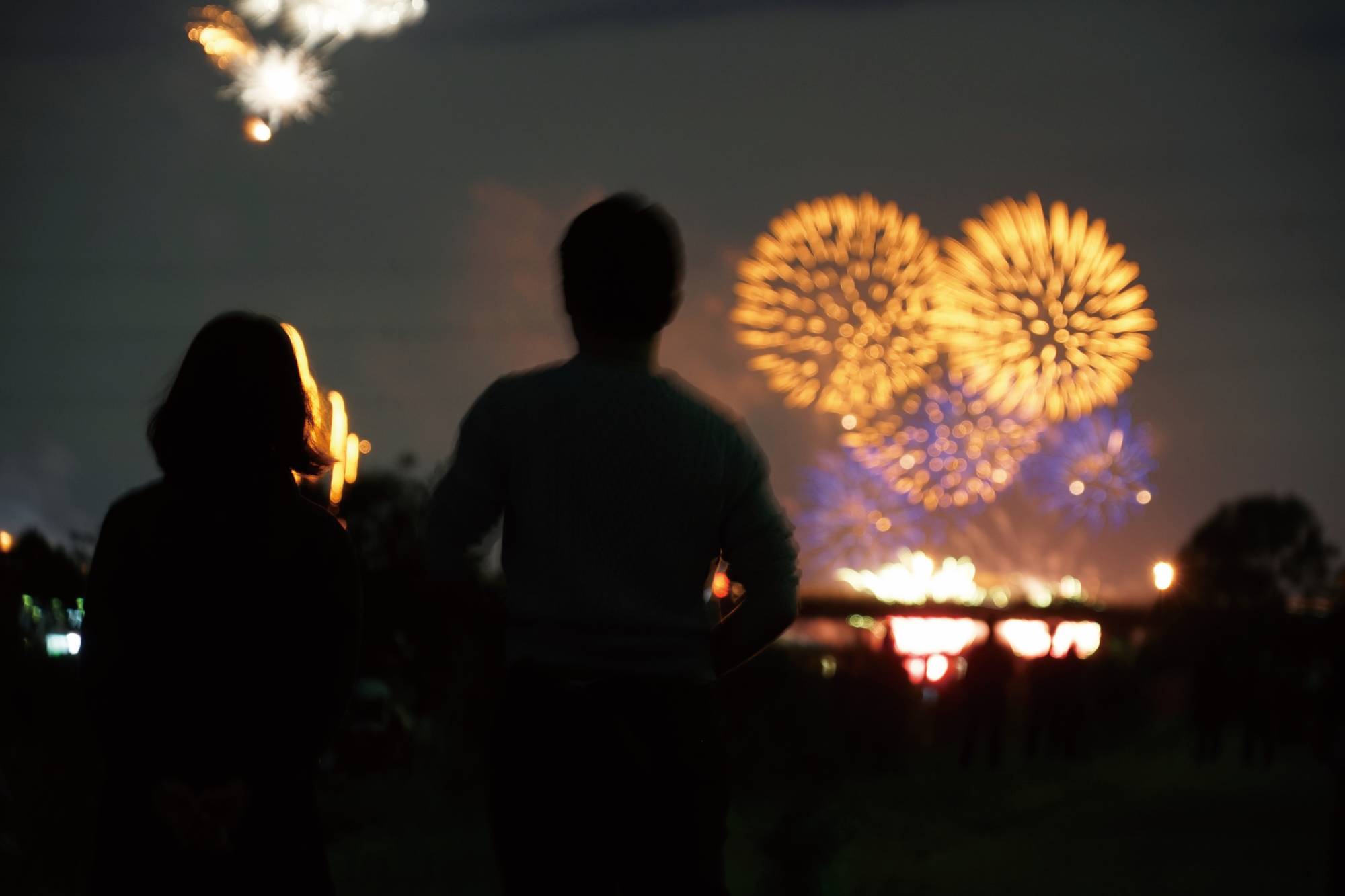Tightly choreographed and wearing flamboyant costumes, thousands of dancers parade through the western city of Kochi every August to pulsing beats blazing from speakers mounted on elaborately decorated, neon-clad trucks. In their hands are wooden clappers that clack with the rhythm, stirring crowds of onlookers into a frenzy.
This year it won’t happen. The pandemic has led to cancellations of most of the season’s festivals and firework displays to prevent crowds from gathering. The beating of the taiko drums, the chanting of men and women carrying mikoshi (portable shrines) and the mouthwatering scents emanating from temporary food stalls lining the streets are gone this summer.
So is the money spent on food, lodgings and souvenirs. The economic ripple effect of the Yosakoi Festival in Kochi Prefecture, for example, was estimated at ¥9.63 billion in 2017, according to a study commissioned by the Kochi Chamber of Commerce & Industry. For even larger festivals, the impact is crushing.



















With your current subscription plan you can comment on stories. However, before writing your first comment, please create a display name in the Profile section of your subscriber account page.